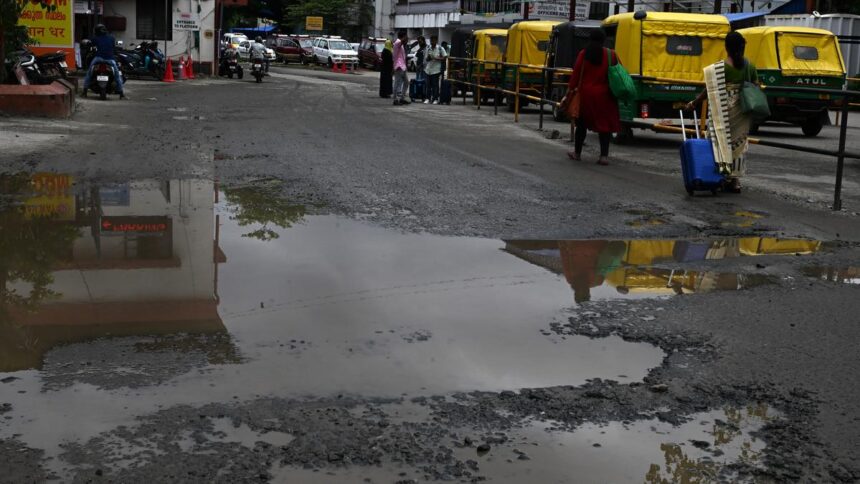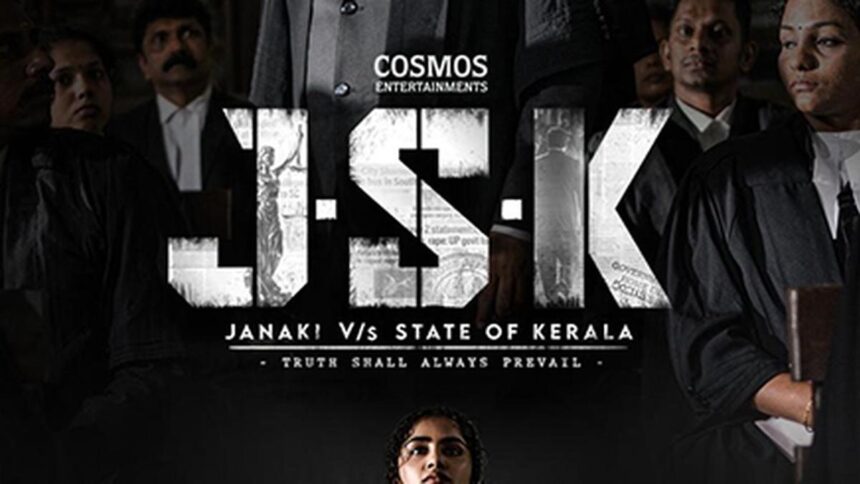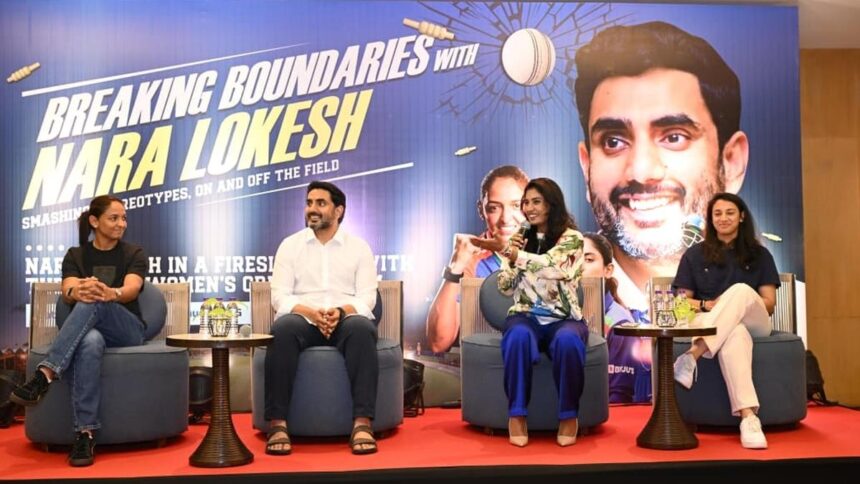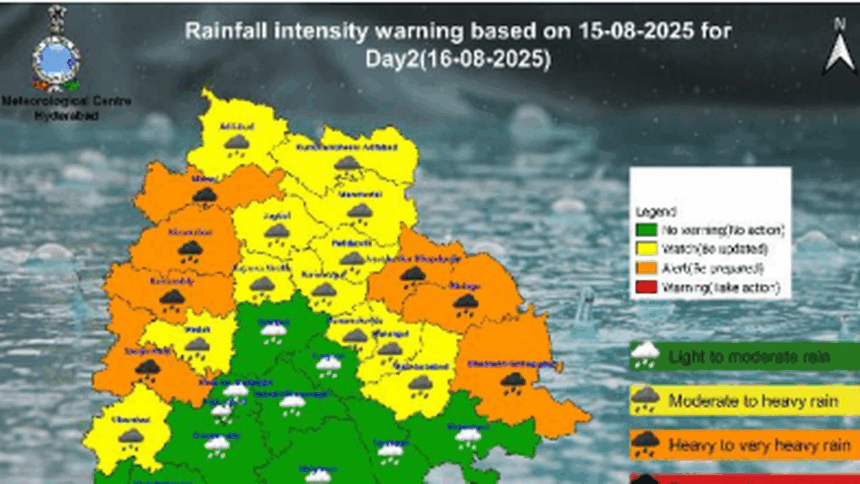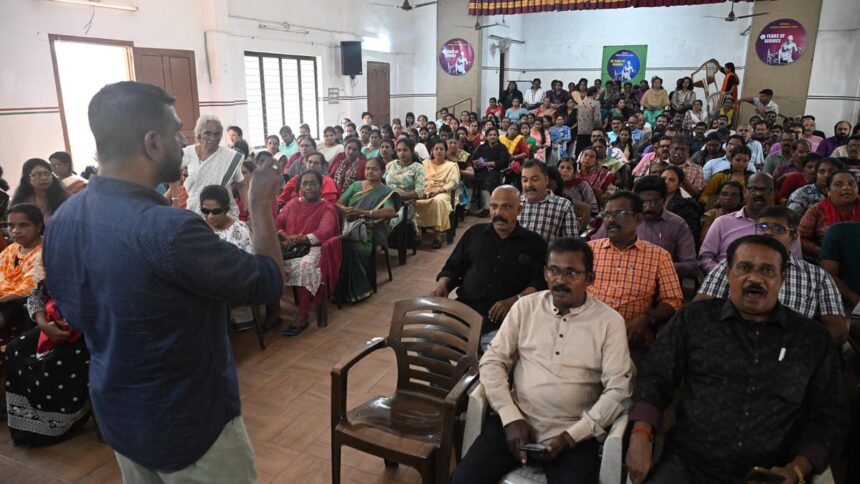
Banu Mushtaq
| Photo Credit: MURALI KUMAR K
Kannada writer and International Booker Prize winner Banu Mushtaq has said caste remains India’s most brutal form of social control despite the Constitutional guarantees and centuries of reformist voices.
“The hegemony of caste is not just in village rituals and temple entry. It is in hiring practices, housing policies, university admissions and editorial rooms. It thrives not only through violence, but also through silence,” she said in her address at Scholar in Campus programme held at Kerala Media Academy, Kakkanad, Kochi, Kerala, on Monday (July 28, 2025).
Ms. Mushtaq, who won the Booker Prize for 2025 for her book Heart Lamp translated from Kannada by Deepa Bhasthi, said caste is not merely a system. “It is an architecture invisible to some and suffocating to others. We live in times of rapid change and yet painful stagnation. Our skylines rise higher. Our networks stretch faster. Our screens flicker with global images, but beneath these surfaces, the deep fissures of caste, gender and class continue to dictate whose voices matter and whose grief is visible,” she said.
She said that even today, the female voice is often expected to be graceful and not angry, poetic and not political. “But as I have said in my own writings, sometimes poetry should speak, shout and interrupt to expose the truth,” she said.
She said the media was “once called a fourth pillar of democracy. But today, parts of it are mere echo chambers of power. But there is hope as I see independent platforms giving space to unheard voices. I see women journalists and Dalit reporters breaking barriers with sheer brilliance and courage.”

Ms. Mushtaq said journalism is “not a crime” in a democratic society. “But we have seen reporters like Siddique Kappan getting arrested for merely attempting to do their duty. It reminds us of the fragile state of journalistic freedom in our country,” she said.
Published – July 28, 2025 04:03 pm IST
















